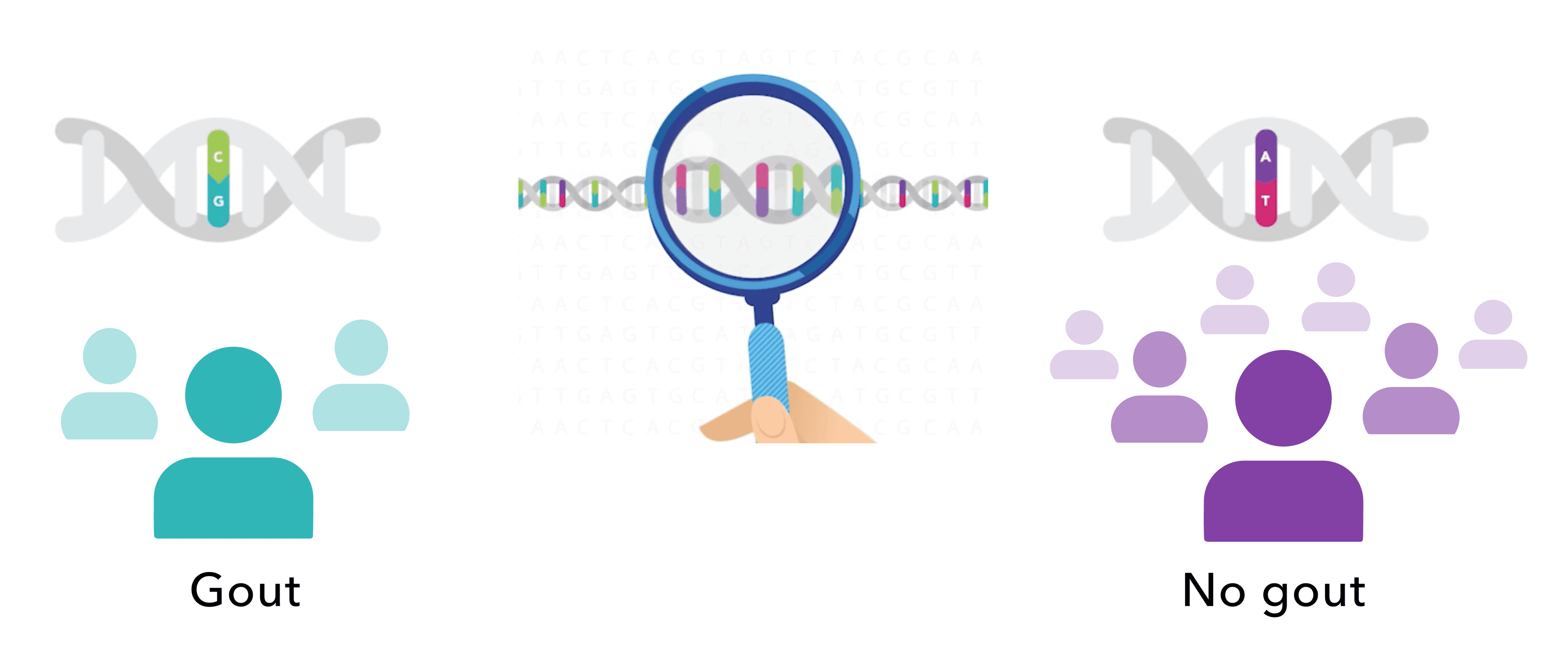A new study by scientists in New Zealand determined that genetics has a much more significant impact on the risk of developing gout than previously thought.
Led by researchers at the University of Otago in New Zealand, the study published in the journal Nature Genetics used data from more than 2.6 million people with about 75 percent of that data from 23andMe customers who consented to participate in research.
Ending the Stigma
While diet and lifestyle play a role, genetics have an outside influence on whether a person will develop gout, this painful form of arthritis caused by the build-up of uric acid.
“Gout is a chronic disease with a genetic basis and is not the fault of the sufferer – the myth that gout is caused by lifestyle or diet needs to be busted,” said Professor Tony Merriman of Otago’s Department of Microbiology and Immunology, and the leading author of the paper.
Once associated with the gluttonous indulgence of someone like King Henry VIII, the researchers said they hoped that their study would illuminate the complicated biology of the disease and dispel some of the stigma around gout.
“This widespread myth causes shame in people with gout, making some people more likely to suffer in silence and not go and see the doctor to get a preventive drug that lowers urate in the blood and will prevent their pain,” Merriman said.
Genes and Environment
As with many diseases, many factors influence the risk of developing gout.
“People need to understand that while specific dietary factors — such as eating red meat — can trigger gout attacks, the fundamental cause is high urate levels, crystals in the joints, and an immune system primed to ‘attack’ the crystals – genetics plays an important role in all of these processes.”
The study identified 377 variants associated with gout, and 148 of those associations were identified for the first time.
Many of these genetic variants are in or near gene regions involved in regulating urate levels and the mechanisms by which elevated uric acid in the blood, something called hyperuricemia, progresses to inflammation in the joints with gout. The study also identified several genes in the immune response associated with gout.
You can read the complete study in Nature Genetics here.




